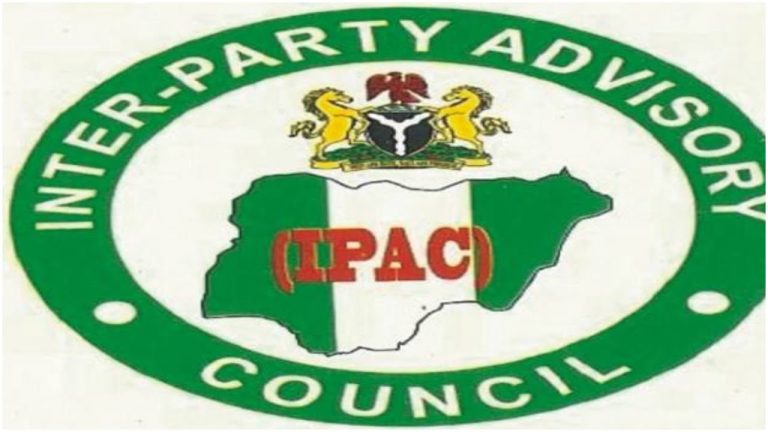Inter-Party Advisory Council, IPAC, has rejected the new Anambra State Electoral Law, describing it as a blatant attack on democracy.
The Council vowed to challenge the move in the court, insisting that it flagrantly violates the constitution of the Federal Republic of Nigeria and the Electoral Act 2922.
IPAC vowed to resist every dictatorship and anti-democratic forces, adding that the Supreme Court had long decided on similar ill-conceived and ill-advised law.
Arogidigba Global Journal reports that the Anambra State Electoral Law, 2024, passed its first, second and third readings on the same day by the State House of Assembly ahead of the 28th September 2024, Local Government election in the state.
IPAC in a statement signed by its National Chairman, Yusuf Dantalle, said: “This retrogressive and anti-democratic law must be resisted by all lovers of democracy in Nigeria. It is the height of legislative rascality and recklessness, a deliberate assault on the rule of law and the electoral process.
“It shows the desperation of some public office holders to cling to power at all costs and change the law to suit their political ambitions at the expense of the nation’s political stability and sustainable democracy.
“As the umbrella body of all registered political parties in Nigeria, IPAC will challenge this abhorrent law in court to restore sanity in the democratic process. The Supreme Court had long decided on this affront on the nation’s democracy by desperate politicians.
“It is unfortunate that the Anambra State House of Assembly would condescend so low to assault the sensibilities of Nigerians with this obnoxious electoral law by changing the goal post at the middle of the game. This grandstanding and abuse of power must be resisted to save our democracy.
“When the electoral law mentions a political party, it means the national leadership of the party.
“This ill-conceived and ill-advised law is an exercise in futility intended to undermine the nation’s democracy, arrogate powers to States Chairmen, Secretaries, National Assembly and States Houses of Assembly members, and Chairmen Board of Trustees of various political parties which neither the Constitution of the Federal Republic of Nigeria 1999, as amended, the Electoral Act 2022 and Constitutions of political parties granted them.
“Nigeria is a nation governed by the rule of law. It is trite that any law by a misguided State House of Assembly that is inconsistent with the Constitution and the Electoral Act is void and of no effect to the extent of the inconsistency.
“Ironically, the purported law recognizes congresses, primaries and conventions monitored by INEC and ignored the 1999 Constitution (as amended ) and Electoral Act 2022 that guide the commission’s activities including the activities of political parties particularly in nomination of candidates for elections.
“IPAC championed Local Government financial autonomy which the Supreme Court in a landmark judgement granted recently. Council is still at the vanguard for the scrapping of the States Independent Electoral Commissions (SIECs) which have impeded the nation’s democracy, advocating that INEC should conduct all Local Government elections as SIECs don’t have voter registers, BVAS, IReV portals, ballot boxes etc. essential in conducting free, fair and credible polls. This inglorious law of the Anambra State House of Assembly is a glaring example of the reasons given by IPAC for the scrapping of SIECs.
“The Anambra State government should not cause confusion and political upheavals in the country with this retrogressive law. It should be set aside immediately to avoid wasting public funds in litigation.
“The relative peace in the country after the youth protest should not be disrupted by blatant disregard of the nation’s Constitution and Electoral Act by a self-seeking State House of Assembly. Power resides in the people. It cannot be captured through the back door by a misguided State House of Assembly deploying an unwarranted legislative fiat.
“It is our collective responsibility to water and nurture the tree of democracy to maturity to yield its fruits to citizens in the quest for a better society.”
